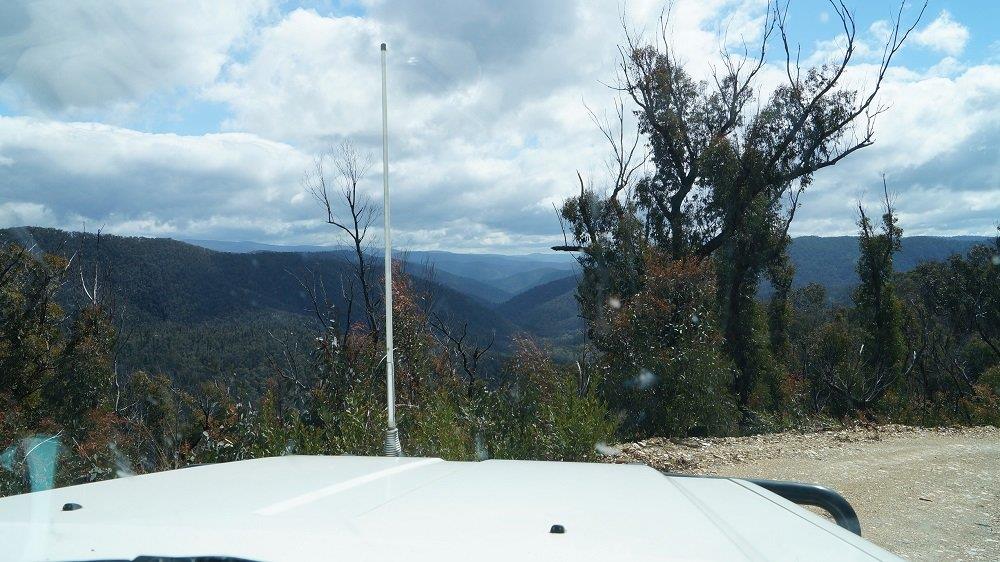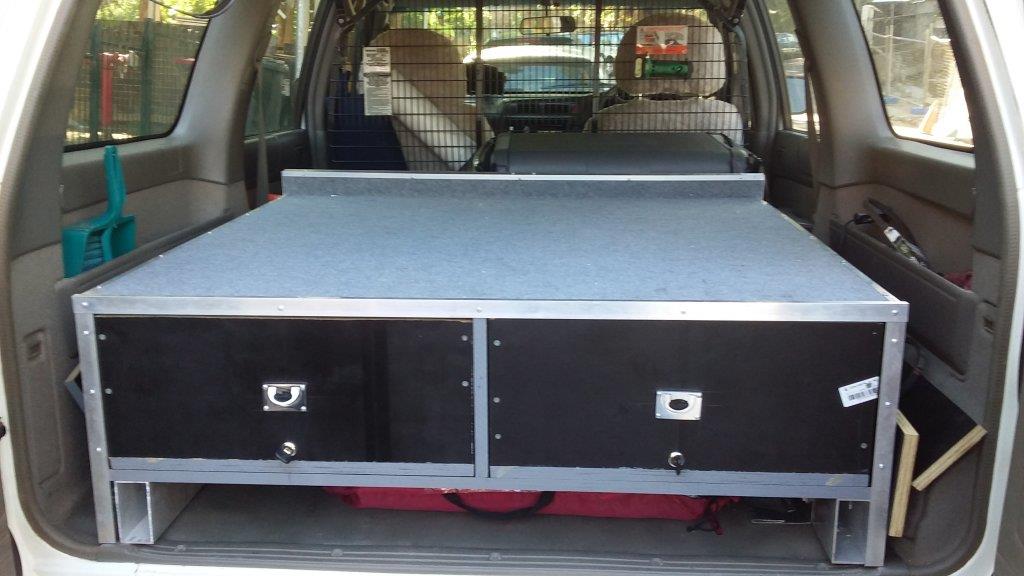Hi Bob and congrats with the new GU Patrol.
I've just finished reading your thread and there's quite a few good tips about 4WDing here from others.
In the past 20 years I've owned a 60 series Cruiser, HJ75 Troopy and now own a HZJ79 Cab Chassis ute, all have been pretty standard apart from the Troopy having a 2" lift and all have had good tyres, currently running BF Goodridge MT's, in the 20 years of owning/driving 4WD's I've been to quite a few off road destinations around Vic High Country without much trouble, I carry snatch straps and some basic recovery gear but touch wood haven't needed them yet.
I'm not into 4WDing at all, it's not my thing but I do love getting away to remote places to fish, camp, and prospect away from the general population and if that means climbing steep tracks and a few river crossings then that's what I do.
My only real advice I can pass on and probably the main reason I haven't been stuck in remote areas so far is a few basic rules that I follow.
1. I generally stick to the main tracks, rarely venture onto a goat track but always have the hubs engaged if I do and if it starts looking too hairy then back my way out to the main track again.
2. If I come across bog holes and there's no way around or back I try to test the depth with a stick, when heading in don't be scared to give it a bit of momentum as it is usually the thing that gets you through.
3. Tyre pressure is critical, when driving off road for any length of time or distance drop the tyre pressure to around 25psi (as a basic rule) and this will not only make it easier to get traction in mud, sand, gravel and rocky areas it's also a lot more comfortable for you driving.
A good 4X4 compressor is a must so do some good research on it as you will need it to re-inflate the tyres for the bitumen as 25psi will over heat the tyres as well as make the vehicle less stable on the road.
4. I avoid really sandy areas, beaches etc as without proper recovery gear and correct tyre pressures it's just asking for trouble, the same with venturing out when the tracks are really boggy, I'll wait until the weather has been good for a few days before tackling remote tracks.
5. Probably what I'd consider the most valuable tip, use common sense, if it looks too nasty it probably is, if your 'gut feel' is not good then don't do it, I take a small chainsaw and have Hema Maps 6 (navigator) and consider both as must haves for the bush along with a good First Aid Kit, the good compressor, and a decent means of communication is a must as well, UHF CB radio a bare minimum in case you're stranded but it's also handy to have on scan to see if other travellers are in your area, where I usually go there are a lot of deer hunters and they go flat out on the tracks when the dogs are on the move so it's great to know their whereabouts while I'm also on the move.
These few tips have seen me get to some fantastic places without breaking my vehicle or getting stranded in the middle of nowhere and you'd be surprised where you can take a pretty stock vehicle, especially in the Landcruiser & Patrol class of 4X4.
Most of all have fun on you trips and keep a pen & notepad in your glove box to write down any issues or mods you want to do when you think of them, it's surprising how often you think of things in the boat or out driving/camping but forget them when back home until you're out again and do the 'Doh' forgot to do that! :lol:







